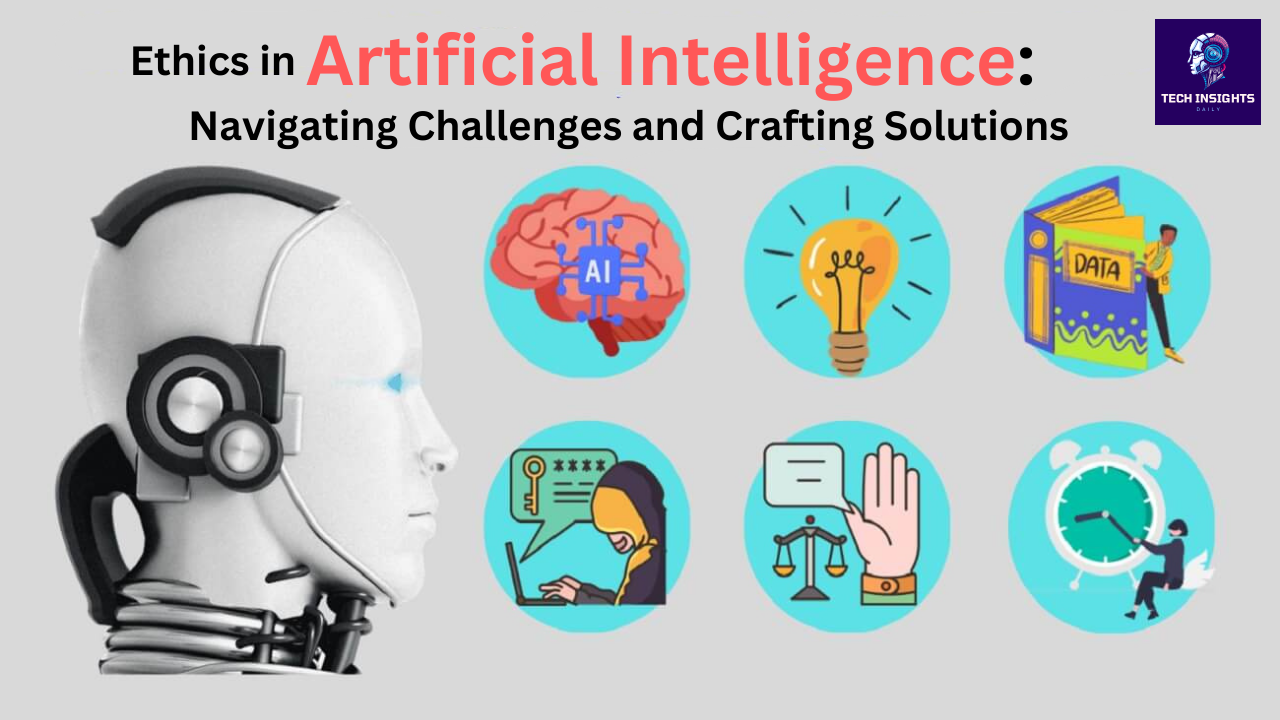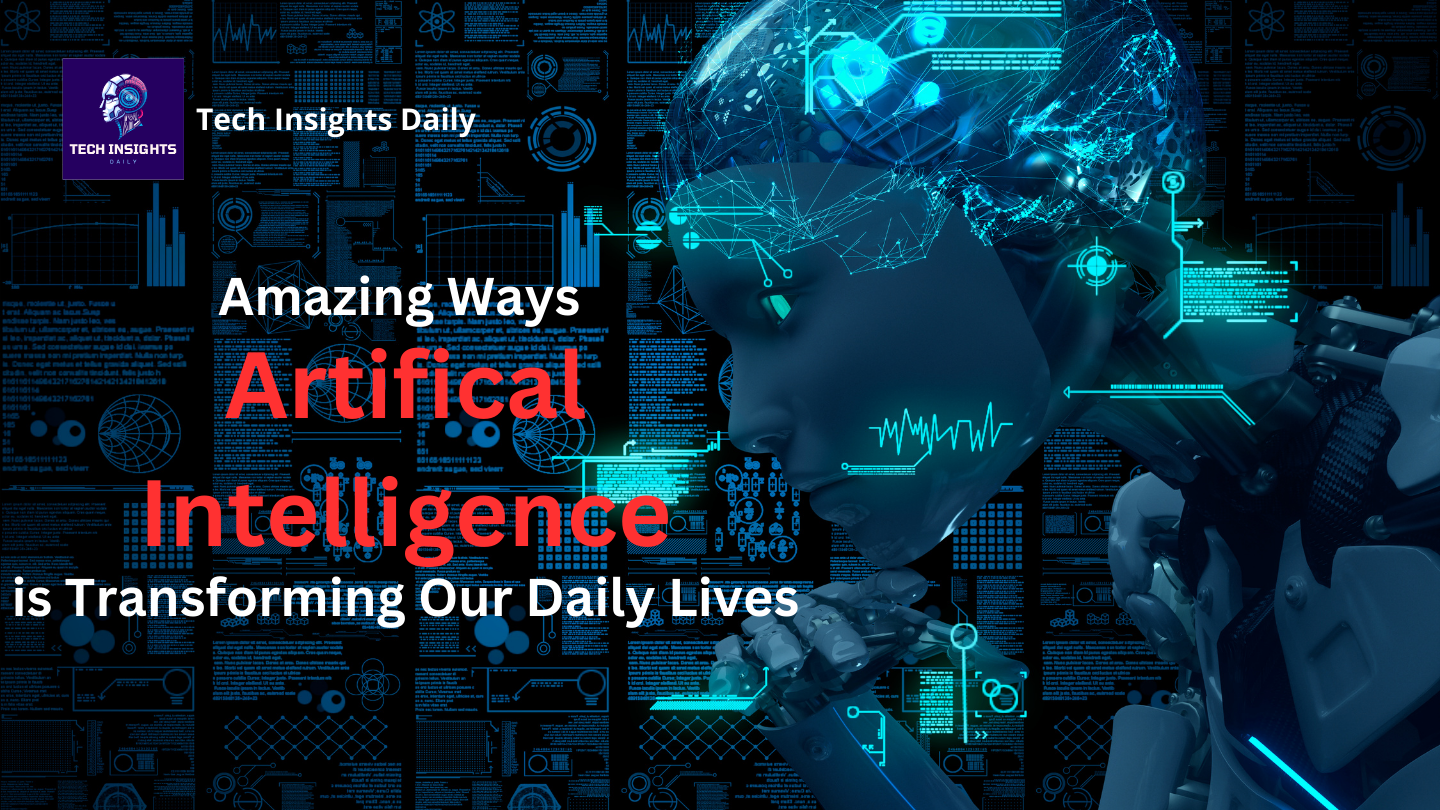The popular topic of Artificial Intelligence (AI) has developed quite miraculously and is revolutionizing disciplines that include medicine to finance. But it also gives way to a broad array of ethical dilemmas that is tough to comb through. This article gives us ideas toward such complex cases and provides the approach to how AI should be used properly and ethically.
Importance of ethics in AI
This is very important because it deals with the ethical issue likely to arise from the use of Artificial Intelligence. Ethical AI means to guarantee that it is making and deploying these technologies in a way that respects human rights, delivers justice and avoids injurious effects.
Key Ethical Challenges in AI
- Prejudice and justice
Challenge: Machine learning models may also possess unfair preconceptions derived from the data used for development and can strengthen those prejudices. It may result in discrimination of people based on their color, gender, and many other factors.
Solution: As for reducing bias in the AI systems, practical measures can be added during the training, for example, using different training datasets or using algorithms that are developed with the focus on the fairness. - Transparency and clarity
Challenge: Newer AI models, including famous deep learning ones, function as ‘black boxes’, and it is hard to determine how they make certain decisions.
Solution: Novel approaches in the form of explainable AI (XAI) that simply reveal how and why an AI system made certain recommendations can also improve the levels of trust. - Privacy and Data Protection
Challenge: AI systems are data-hungry, and data supply has become a challenge due to issues in data protection.
Solution: This is when approaches such as differential privacy and federated learning can be used to allow AI to develop without compromising the privacy of the data involved. - Accountability and responsibility
Challenge: Obtaining the entities legally responsible for actions and decisions provided by AI systems may not be obvious.
Solution: Since adoption of AI is inevitable across a broad range of applications, it is critical to set reasonable policies to hold firms and companies accountable for developing and utilizing AI. - Autonomy and control
Challenge: This is important because as the systems become more intelligent, it becomes embarrassing for the systems to allow human interferences.
Solution: Incorporating Human Interaction elements, and Redundant Guard locks into the AI Development can help to abate human control. - The Ethical Use of AI in War
Challenge: AI systems have numerous implications for military purposes, and the primary of them is the issue of autonomous weapons.
Solution: Agreements and conventions should be adopted at the international level in order to regulate application of AI in armed conflicts without violating the international laws.
Case studies and examples
- Health care
Challenge: While AI in healthcare can go a long way in enhancing diagnosis, it also introduces issues concerning privacy infringement and data protection.
Solution: These concerns can be managed by applying strict data governance paradigms and utilizing anonymized data. - Finance
Challenge: The elated use of AI in finance might end up in biased lending and financial gain exclusion.
Solution: Being open about AI-driven decisions in financial matters and checking AI programs for bias at least once a year can help with fairness. - Criminal justice
Challenge: Entrenching artificial intelligence into criminal justice, for example through predictive policing, will reinforce discrimination and bias.
Solution: Due consideration of the four ethical principles of using AI in criminal justice systems include being open, taking responsibility, and engaging in bias check often.
Ethical standard and code
- Fair: It is important that the development and deployment of AI systems minimizes injustice and bias.
- Transparency: One that stays mostly reachable and explainable, and that is the idea of AI operation.
- Privacy: AI systems have significant roles in guarding personal data privacy and managing such data appropriately.
- Accountability: AI is known to make mistakes, therefore there should be tendencies that pinpoint the goal of the systems to users.
Global initiatives
- OECD AI Principles: The OECD has articulated principles for how trusted AI can be effectively and responsibly delivered.
- EU AI Act: The EU is in the process of preparing broad guidelines to make AI safe and compliant with human rights.
Proximate trends/next steps and/or research implications
- Cross-sector partnership: Promoting effective working relationships between technologists, ethicists, policymakers, and other users will result in optimal resolution of ethical problems in artificial intelligence.
- Awareness and participation: Promoting the understanding of the ethical consequences of AI and getting more stakeholders involved with the discussion can help in the creation of much more ethically appropriate AI for all sections of society.
Result
AI has brought ethics into question as an area of discipline with many different subfields and disciplines. By reflecting on bias, transparency, privacy, accountability, and control, we can provide innovation that is, at the same time, moral and reliable. By integrating disciplines, conducting research continuously, and educating society, it is possible to address the main issues of the use of AI for both purposes, as well as to reveal its strengths and promote its use for the benefit of humanity.










